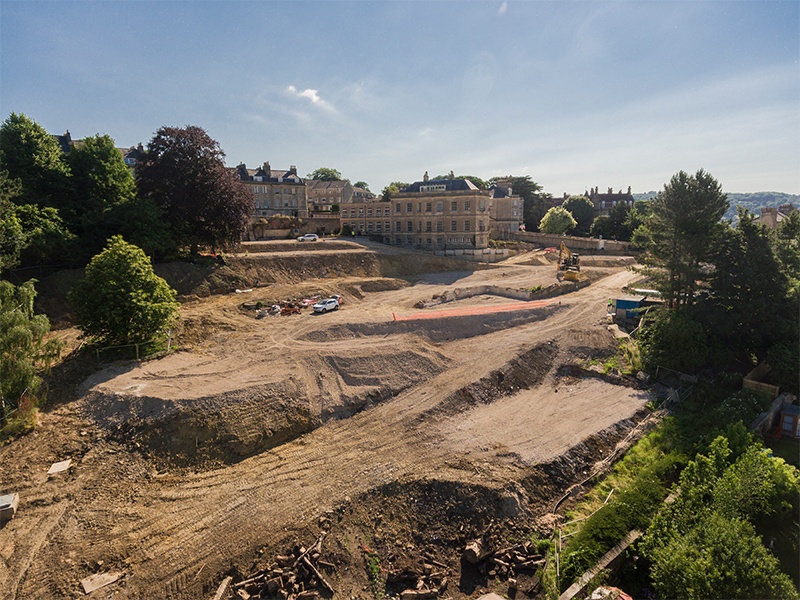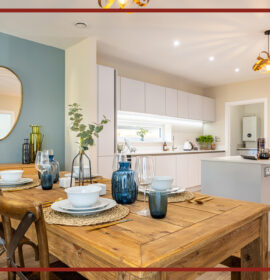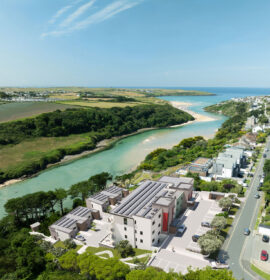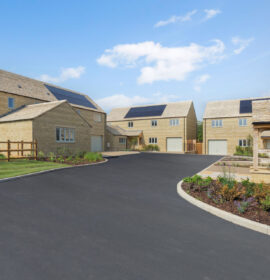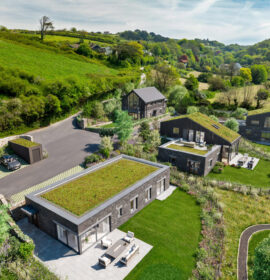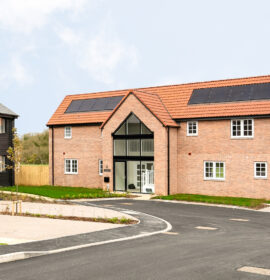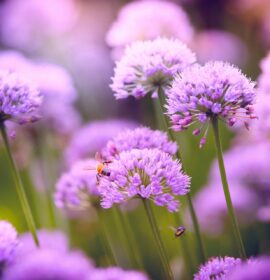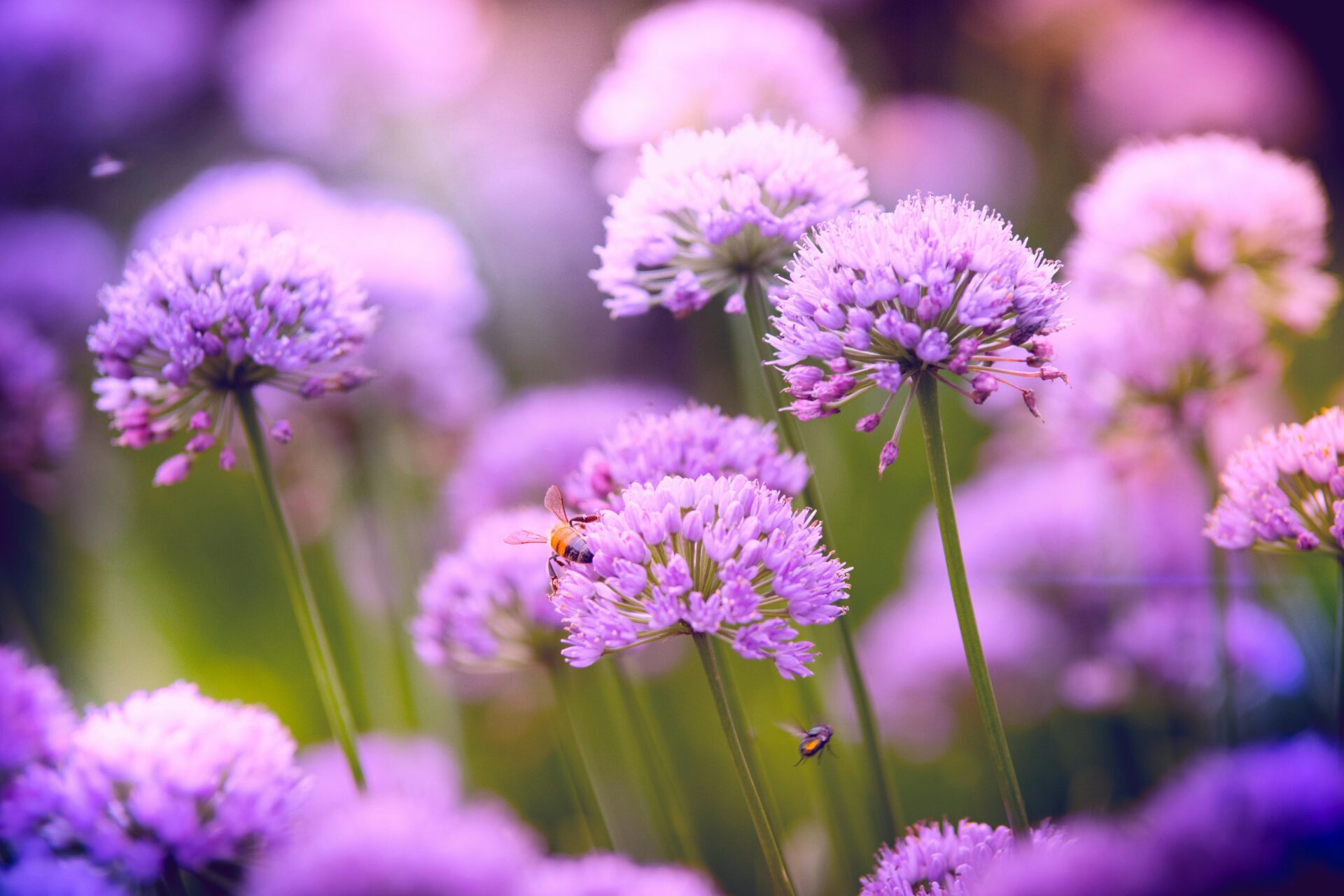
Tips for Creating a Sustainable and Bee-Friendly Garden
Gardening is not only a fulfilling hobby but also an excellent opportunity to contribute positively to the environment. By adopting sustainable practices, you can create a garden that thrives with minimal negative impact on the ecosystem. One crucial aspect of sustainability is supporting pollinators like bees, which play an essential role in our food systems. Here are some tips to help you make your garden more sustainable and bee-friendly.
1. Choose Native Plants
Native plants are well-adapted to your local climate and soil conditions, making them easier to grow and maintain. They typically require less water and fewer chemicals, reducing your garden’s overall ecological footprint. Additionally, native plants provide the most suitable habitat and food sources for local wildlife, including bees. Research which plants are native to your area and incorporate them into your garden design.
2. Avoid Pesticides
Pesticides can be harmful to beneficial insects, including bees. Instead of chemical pesticides, use natural pest control methods. Encourage predatory insects like ladybirds and spiders, which can help keep pest populations in check. Companion planting, where certain plants are grown together to repel pests, is another effective strategy. For instance, marigolds can deter aphids, while basil can keep mosquitoes and flies away.
3. Provide Water Sources
Bees need water to survive, especially during hot weather. Provide a shallow water source in your garden, such as a birdbath with pebbles or marbles for bees to land on. Ensure the water is clean and replenished regularly. Adding some floating plants or stones can prevent bees from drowning and make it easier for them to access the water.
4. Create Bee Habitats
Bees need safe places to nest and rest. You can create bee habitats by leaving some areas of your garden undisturbed. Piles of wood, fallen leaves, and patches of bare soil can serve as nesting sites for solitary bees. Consider installing bee hotels, which are specially designed structures that provide nesting cavities for solitary bees.
5. Compost and Mulch
Composting is an excellent way to recycle garden and kitchen waste into nutrient-rich soil. Compost improves soil health, reduces the need for chemical fertilizers, and enhances water retention. Mulching, the practice of covering soil with organic matter like leaves, grass clippings, or wood chips, helps retain moisture, suppress weeds, and improve soil fertility. Both practices contribute to a more sustainable garden ecosystem.
6. Plant a Variety of Flowers
Diversity is key to attracting and supporting bees. Plant a variety of flowers that bloom at different times of the year to ensure a continuous food supply for bees. Include plants with different colors, shapes, and sizes to cater to various bee species. Some excellent bee-friendly plants include lavender, borage, sunflowers, and echinacea. Herbs like thyme, rosemary, and sage are also great choices.
7. Reduce Lawn Areas
Lawns require a lot of water, fertilizer, and maintenance, making them less sustainable than other garden features. Reduce the size of your lawn and replace it with flower beds, vegetable patches, or native grasses. These alternatives not only save resources but also provide more habitats and food sources for wildlife.
8. Practice Water Conservation
Water is a precious resource, and conserving it is crucial for sustainability. Use efficient watering methods like drip irrigation or soaker hoses to minimize water wastage. Collect rainwater in barrels and use it to water your plants. Mulching and choosing drought-tolerant plants can also help reduce your garden’s water needs.
9. Encourage Pollinator-Friendly Practices
Educate your friends, family, and neighbors about the importance of bees and other pollinators. Share plants and seeds, and encourage others to adopt bee-friendly practices. By creating a network of pollinator-friendly gardens, you can significantly impact the local bee population and overall biodiversity.
Creating a sustainable and bee-friendly garden involves thoughtful planning and ongoing care. By incorporating these tips, you can enjoy a beautiful, thriving garden while supporting essential pollinators and contributing to environmental conservation. Happy gardening!
If you’re after more garden tips visit our blog on getting your garden spring ready!

